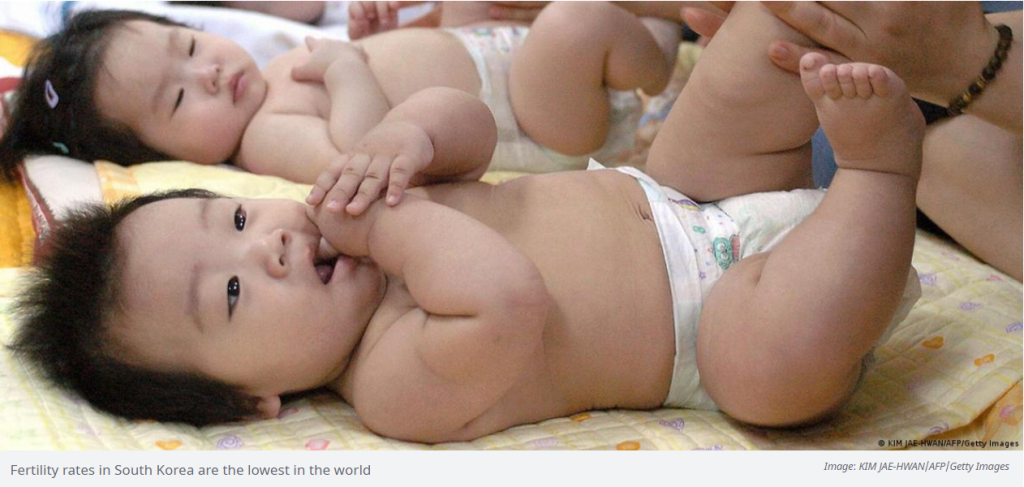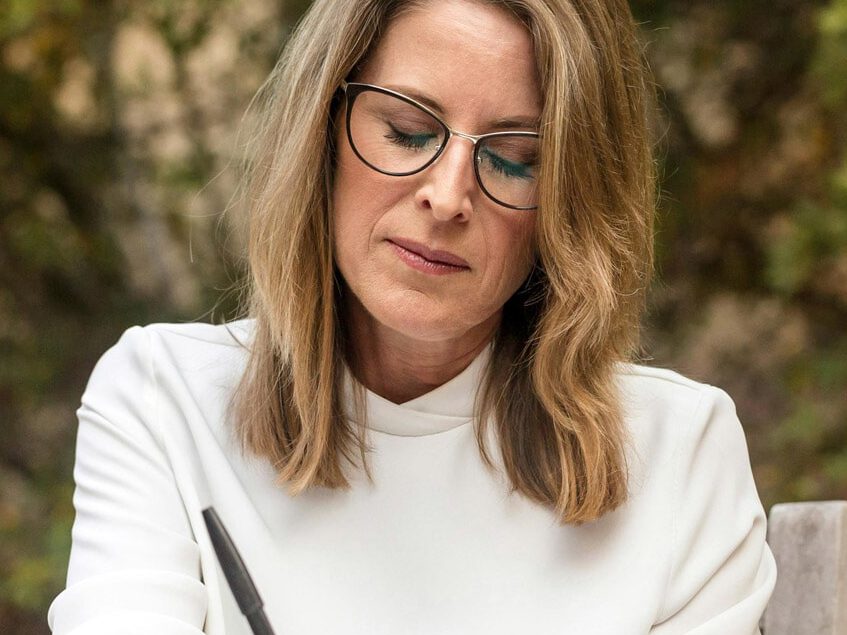

South Korea has been locked in an invisible fight for its future for decades — against a declining population. Government statistics released in early December appear to show Asia’s fourth-largest economy is losing the battle.
The country’s total population of nearly 52 million is set to decline 0.18% by 2021 year-end, for the first time since the country began collecting census data, according to figures released by Statistics Korea.
The government institution in charge of statistics and census data also mapped out a worst-case scenario, according to which the present population will drop to around 12 million by 2120 — around 23% of today’s population.
Moreover, Statistics Korea predicted that the average age of the population is set to rise, from a median of 43 in 2021 to 62 by 2070.
The figures come as no surprise for the country which has long been aware of the challenges of population decline. The combination of an aging population and falling birth rates spells trouble for renewing the workforce, while the country faces a bigger spending burden in the form of tax revenue and health care.
Successive governments have attempted to combat the decline, budgeting a total of 225 trillion won ($188 billion, €167 billion) spent in the decade up until 2020. This has largely been spent on financial incentives for couples to have children. But so far, the increased spending has had little effect in boosting birth rates.
Huge burden and intense pressure on families
“It has been a problem for a long time and I do fear that things have become worse in recent years and, in part, because of the pandemic,” said Ohe Hye-gyeong, an academic at International Christian University in Tokyo.
“But this is a structural issue that has affected Korean society for many years now and while there are several factors, I firmly believe that what has been described as ‘education passion’ in parents desperate for their children to succeed is the biggest reason,” she told DW.
South Korea’s rapid economic development and growth has created opportunities that were largely unthinkable to the grandparents of today’s schoolchildren, as the nation rebuilt in the aftermath of the 1950-53 Korean War, she said. That has fostered the belief that education is critical to a child’s future job opportunities and happiness.
“All parents want to give their children an ‘elite education,’ even if that means they spend 50% of their income every year on education,” Ohe said. “That is a huge burden on families and means most couples can only afford to have one child.”
The pressure is just as intense when a young person leaves school or university, says Park Saing-in, an economist at Seoul National University. “This is a structural issue within Korea’s corporate world and society in general,” he said.
“The younger generations today find it very difficult to find a secure, well-paying job. And even those that do secure positions at the top firms generally only work there until they are in their mid-50s when they are expected to move on and join the self-employed market.”
A sense of insecurity among young men
Equally, young men in their 20s and 30s who are not able to land a safe and well-paid job are forced to work in part-time positions with little security.
He said this fosters a sense of uncertainty not conducive to future planning, including starting families.
Another contributing factor may be that women are waiting longer before having children. Some are choosing to pursue careers and education and forgo motherhood entirely.
Figures released by the Seoul Metropolitan Government on December 16 show that the number of marriages in the city has fallen by 43% in the last 20 years, down from 78,745 in 2000 to 44,746 last year. The average age of first marriages was 33 in 2020, up from 29 two decades ago.
The country’s fertility rate is the lowest in the world at 0.8 children per woman.
A fertility rate of 2.1 is regarded by demographers as the threshold required to replenish a country’s population.
Park told DW that he thinks it is likely that a future government will increase the mandatory retirement age for workers, which would then ease some of the burden on the pension system.
Ohe however, views a declining population as contributing towards an “even more polarized society” where many people will have “even less to spend on education, on their futures.”
Edited by: Kate Martyr
